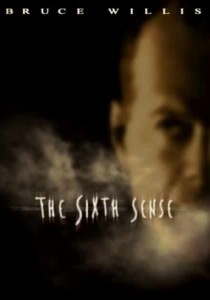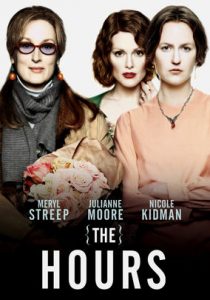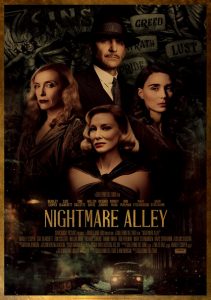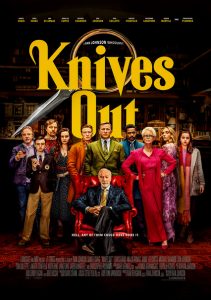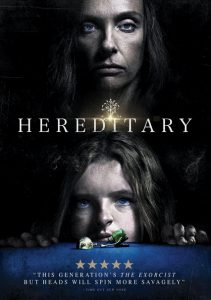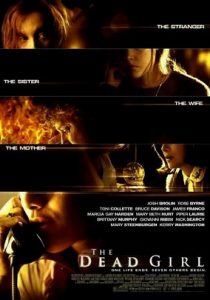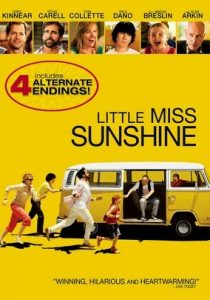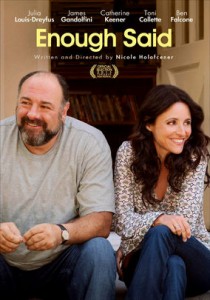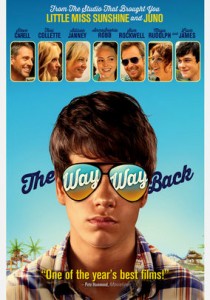The Sixth Sense-1999
Director M. Night Shyamalan
Starring Bruce Willis, Haley Joel Osment
Top 250 Films #106
Top 40 Horror Films #20
Scott’s Review #182
Reviewed October 8, 2014
Grade: A
The Sixth Sense is a psychological thriller/horror film directed by M. Night Shyamalan, made in 1999, about ghosts, that was an incredible box-office and critical success at its time of release and made the line, “I see dead people” universally imitated.
Bruce Willis stars as Dr. Malcolm Crowe, a successful and admired child psychologist, who lives a perfect life with his wife Anna in Philadelphia.
Enjoying a romantic night at home, Malcolm and Anna are interrupted by a deranged former patient- played by an unrecognizable Donnie Walhberg.
Malcolm is shot by the patient, who also shoots himself, and the story picks up a year later as Malcolm takes an interest in Cole, a troubled 9-year-old boy, played by Haley Joel Osment. Cole is a peculiar boy- an outcast taunted at school, who can see the dead.
He’s worried, over-worked mother, Lynn, is played by Toni Collette. Meanwhile, Malcolm and Anna appear to be going through marital problems and lack any meaningful communication with each other.
Anna begins to be pursued by a new beau much to Malcolm’s chagrin. Malcolm and Cole develop a special bond as Malcolm convinces Cole to speak to and help the ghosts that he sees rather than be terrified of them.
As the plot slowly unfolds, Cole helps a recently deceased girl named Kyra Collins, who is around his age. Kyra gives Cole a videotape that reveals she was murdered and proves who killed her.
The subsequent scene is my favorite- there is a haunting quality to it and the camera follows the events interestingly- slowly and sedately.
The setting is a service at Kyra’s house where family and friends are gathered to pay respects and support Kyra’s parents. Malcolm and Cole arrive and present Kyra’s father with the plain videotape.
The entire scene is powerful in its simplicity yet high emotional value. It is slow, but devastating in its climax and reveals. Small nuances are revealed- why is Kyra’s mother wearing bright red when the other guests are all wearing black? Will Kyra’s younger sister be the next victim?
Superlative filmmaking.
A scene involving Cole’s teacher is riveting- being able to sense aspects of people’s pasts Cole realizes his teacher had a stuttering problem as a child. When his teacher is condescending towards Cole, the young boy explodes with rage and begins a chant of “Stuttering Stanley” which reduces the teacher to childhood traumas.
Yet another powerful scene involves Cole and his mother sitting in a car caught in traffic- Cole admits the truth of his skill of seeing dead people to her and introduces an emotional story to her as proof.
This is a scene where Toni Collette shines brightly.
Well over a decade since The Sixth Sense was released, most people know the twist and subsequent surprise ending and it is such a joy to go back, see the manipulations in the story and individual scenes, add them all up, and revel in the clever way that Shyamalan puts them all together.
The Sixth Sense is not dated and is quite fresh, holding up tremendously, and I personally still get chills during the big reveal all these years later.
But more than this pleasure, the film is written beautifully. Somewhere between horror and psychological thriller, it successfully tells a ghost story with interesting characters and jumps-out-of-your-seat thrills that are not contrived and predictable in the traditional horror film way.
From an acting perspective, Bruce Willis is amazing and under-appreciated as Malcolm- he is calm, cool, and collected and his performance is quite understated as the inquisitive and pensive psychologist.
More praise should have been reaped on Willis.
Haley Joel Osment gives an astounding performance of a lifetime- he emits an image to the audience of being strange yet sympathetic and he relays his very frightening fear of the ghosts so well that the pain and conflict he endures is evident on his face.
Toni Collette is effective as the scared, concerned, haggard mother. Collette and Osment were rewarded with Academy award nominations- sadly Willis was not.
Shyamalan was subsequently ridiculed for his later films (The Village-2001, and Unbreakable-2001) – perhaps the manipulation and trickery from The Sixth Sense angered some people.
The Sixth Sense (1999) is a film that remains with you for days, weeks, even years and can be revisited and rediscovered for an intelligent, chilling good time.
Oscar Nominations: Best Picture, Best Director-M. Night Shyamalan, Best Supporting Actor-Haley Joel Osment, Best Supporting Actress-Toni Collette, Best Screenplay Written Directly for the Screen, Best Film Editing
